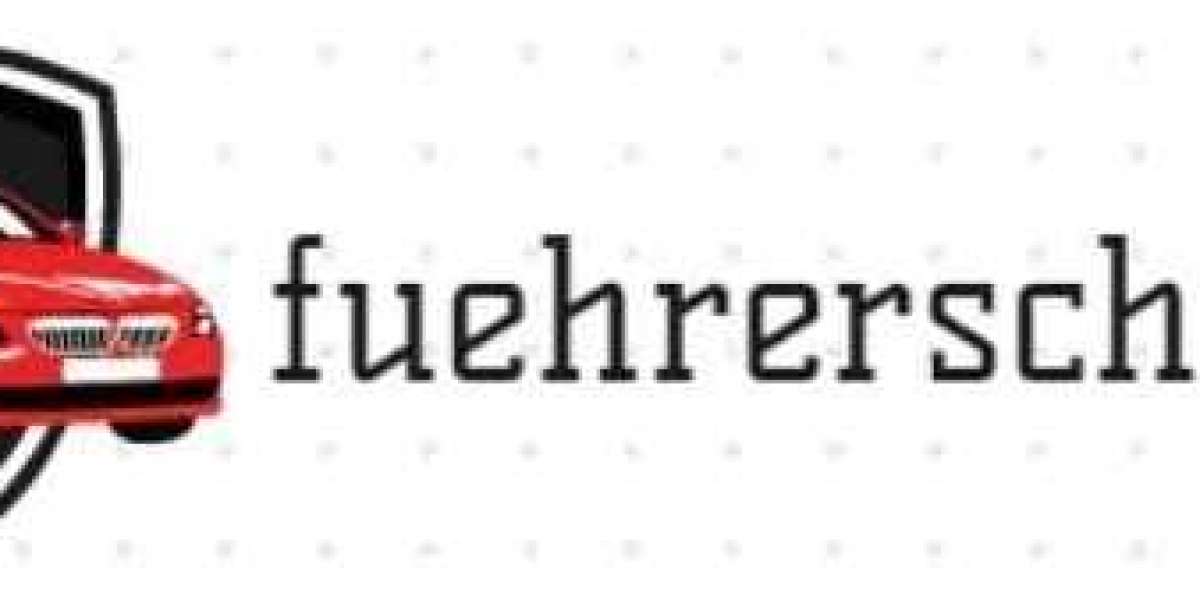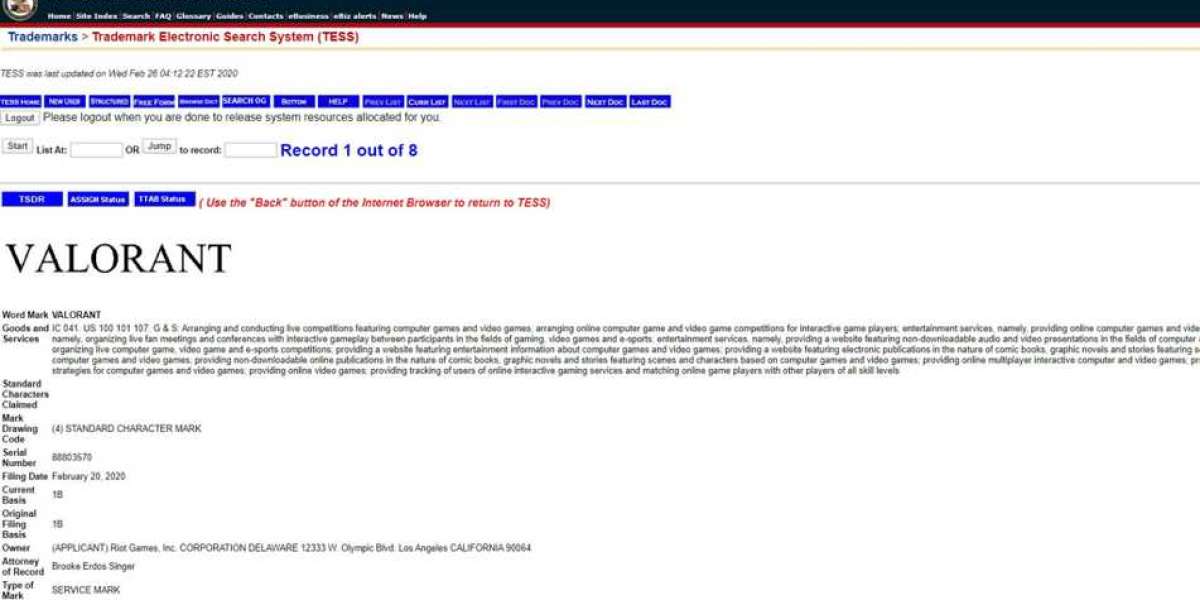
Buy a Driving License in Germany: Understanding the Legal Process and Avoiding Illegal Shortcuts
The question "Can I buy a driving license in Germany?" typically develops, especially amongst those new to the country or daunted by the prospect of strenuous screening. While the phrasing may recommend a simple transaction, it's vital to right away clarify that buying a driving license in Germany in the actual sense is prohibited and carries serious effects. There is no genuine method to simply buy a license without going through the required training and passing the required assessments.
This short article will delve into the intricacies of getting a driving license in Germany lawfully. It will explain the proper treatments, the costs included, and why trying to "buy" a license through illicit ways is not only versus the law but also profoundly dangerous and ultimately futile. Understanding the legitimate course is essential for ensuring roadway safety and acquiring a legitimate driving license recognized within Germany and beyond.
The Reality: Obtaining a Driving License, Not Buying It
Rather of "buying" a license, the accurate term is obtaining a driving license. Germany, renowned for its high driving requirements and stringent policies, has a structured procedure developed to ensure all drivers are proficient and knowledgeable. This process involves thorough training, both theoretical and useful, followed by strenuous testing to evaluate a prospect's readiness to operate a vehicle securely on public roads.
The German driving license system is built on the concept of competence-based licensing. It's not about simply paying a fee; it's about demonstrating that you possess the essential skills, understanding, and responsible mindset to be a safe driver. This method significantly contributes to Germany's relatively low accident rates compared to some other nations.
Why "Buying" a License is a Dangerous Misconception
The concept of purchasing a driving license often stems from a misunderstanding or a desire to circumvent the effort and time needed for correct training. However, trying to obtain a license through illegal channels, such as acquiring counterfeit documents or paying off authorities, brings substantial dangers and is strongly prevented for a number of crucial factors:
Legality and Criminal Penalties: Attempting to procure a driving license fraudulently is a criminal offense in Germany. Individuals captured engaging in such activities can face extreme penalties, consisting of substantial fines, imprisonment, and a criminal record. This can have long-lasting effects impacting future work, travel, and residency permits.
Invalid License and Insurance Issues: A fraudulently obtained driving license is not recognized as legitimate. If captured driving with a phony license, you will be thought about driving without a license. This results in additional legal repercussions and can invalidate your car insurance coverage. In the event of an accident, you will be held completely responsible for damages, as your insurance will likely be void.
Threat to Public Safety: Bypassing correct training and testing threatens not only your own security but also the security of all other road users. Driving requires a complex set of skills, knowledge of traffic laws, and responsible decision-making. People who have not gone through proper training are ill-equipped to deal with the obstacles of driving, increasing the risk of mishaps and possibly triggering severe damage or fatalities.
Ethical Concerns: Engaging in prohibited activities undermines the stability of the licensing system and reveals a blatant neglect for the rule of law. It adds to corruption and erodes trust in organizations created to ensure public safety.
The Legitimate Path: Steps to Obtaining a German Driving License
The correct and only safe way to get a driving license in Germany is to follow the recognized legal process. This procedure, while demanding, is designed to equip you with the necessary skills and knowledge to be an accountable and safe driver. Here are the essential actions involved:
1. Registration in a Driving School (Fahrschule):
- You must register with an officially recognized driving school. Choosing a credible school is essential as they will direct you through the whole process.
- Driving schools provide courses in German, and increasingly, in English, especially in bigger cities. Guarantee the school uses direction in a language you are comfy with.
- Upon registration, you'll receive research study products and be scheduled for obligatory theory lessons.
2. Theory Lessons and Examination:
- Theory lessons cover German traffic laws, roadway indications, safe driving practices, vehicle technology, and environmental considerations. The variety of obligatory lessons depends upon the license classification you are applying for. For a basic car license (Class B), it typically includes around 12 double lessons of standard theory and extra specific lessons.
- After completing the compulsory lessons, you need to pass a computer-based theory test carried out by a main screening company (TÜV or DEKRA).
- The theory test includes multiple-choice questions and video-based questions. You need to attain a minimum passing score to proceed to practical training.
3. Practical Driving Lessons:
- Once you pass the theory test, you can begin useful driving lessons with your driving instructor.
- The number of practical lessons needed varies greatly depending upon specific learning speed, prior driving experience (if any), and the instructor's assessment of your progress.
- Mandatory special driving lessons are consisted of, covering motorway driving, night driving, and driving beyond city areas.
- Practical lessons are vital for establishing driving abilities, comprehending traffic situations, and learning to apply the theory knowledge in real-world circumstances.
4. Practical Driving Examination:
- After your driving instructor deems you ready, you will be arranged for the practical driving test.
- The practical test is performed by an examiner from TÜV or DEKRA, accompanied by your driving instructor.
- The test usually lasts around 45-60 minutes and examines your driving ability in numerous traffic scenarios, including city driving, rural roads, and possibly motorway driving.
- The examiner will evaluate your general driving abilities, adherence to traffic laws, smooth vehicle control, observation abilities, and safe driving habits.
5. License Issuance:
- If you effectively pass both the theory and useful assessments, you will receive your German driving license.
- The license is normally provided soon after passing the practical test, often on the exact same day or within a few days.
- You will get a probationary driving license (Probezeit) for the very first 2 years. Throughout this period, more stringent rules use, particularly regarding traffic infractions.
Expenses Associated with Obtaining a Driving License
While you can not "buy" a license outright, there are considerable costs related to the genuine process. Understanding these expenses can assist you spending plan accordingly. These expenses can vary depending on the driving school, your knowing speed, and test fees, however usually include:
- Driving School Enrollment Fee: This is a one-time registration fee charged by the driving school.
- Theory Lesson Fees: Fees are charged per theory lesson.
- Knowing Materials: Costs for textbooks, online knowing platforms, and practice tests.
- Practical Lesson Fees: Fees are charged per practical driving lesson. This is often the most considerable expense component, as the number of lessons required varies.
- Presentation for Theory Test Fee: A charge to present yourself for the theory test at TÜV/ DEKRA.
- Presentation for Practical Test Fee: A fee to present yourself for the dry run at TÜV/ DEKRA.
- License Issuance Fee: A cost charged by the authorities for issuing the driving license.
- Eye Test and First Aid Course: These are compulsory prerequisites and involve separate charges.
List of Costs (Approximate Range):
- Driving School Enrollment: EUR50 - EUR200
- Theory Lessons (Basic Course): EUR200 - EUR400
- Learning Materials: EUR50 - EUR100
- Practical Lessons (per lesson): EUR40 - EUR70 (Number of lessons varies significantly)
- Theory Test Fee: EUR25 - EUR30
- Dry Run Fee: EUR120 - EUR150
- License Issuance Fee: EUR40 - EUR50
- Eye Test: EUR20 - EUR30
- Emergency Treatment Course: EUR30 - EUR50
Important Considerations:
- Time Commitment: Obtaining a German driving license requires a significant time commitment, typically varying from a few weeks to numerous months, depending on individual knowing pace and lesson accessibility.
- Language Proficiency: While some driving schools offer English instruction, a fundamental understanding of German can be beneficial, particularly for navigating theoretical products and traffic check in everyday driving.
- Perseverance and Perseverance: The process can be difficult, and it requires perseverance and perseverance. Don't be dissuaded by initial troubles. Constant effort and a favorable attitude are essential to success.
In Conclusion:
While the concept of "purchasing" a driving license may seem appealing to those looking for registrierten Führerschein kaufen a quick and simple option, it is crucial to comprehend that such attempts are unlawful, unsafe, and ultimately disadvantageous. The legal procedure for obtaining a German driving license is designed to guarantee road safety and produce proficient drivers. By registering in a trustworthy driving school, diligently studying, practicing effectively, and adhering to the established treatments, you can successfully obtain a legitimate German driving license and delight in the flexibility and obligation of driving legally and safely. Remember, your safety and the security of others on the road are critical, and correct training is the only genuine path to attaining this.
Frequently Asked Questions (FAQs)
Q: Is it possible to get a German driving license without going to driving school?A: No, registration in an acknowledged driving school is obligatory in Germany. Driving schools supply necessary theoretical and practical training and guide you through the whole licensing process.
Q: Can I utilize my foreign driving license in Germany?A: Depending on your native land, you might be able to use your foreign driving license in Germany for a limited duration (usually six months). After this period, you will typically require to obtain a German driving license. For licenses from EU/EEA countries, recognition is normally straightforward. For licenses from non-EU/EEA countries, you might require to go through a conversion process, which may include theory and/or practical tests.
Q: How long does it require to get a German driving license?A: The period varies, however it normally takes in between 2 to 6 months. Factors affecting the timeframe include your learning speed, schedule of driving lessons, and waiting times for tests.
Q: What happens if I fail the theory or dry run?A: If you stop working either test, you are allowed to retake it. There is normally a waiting duration before you can retake the test, and you might need extra lessons before trying the practical test once again. There is no limitation to the variety of times you can retake the tests, but each attempt involves extra costs.
Q: Can I get a driving license in Germany if I do not speak German?A: While many driving schools mainly operate in German, some schools in bigger cities provide courses and instruction in English. It's important to discover a driving school that can provide instruction in a language you comprehend. The theory test is available in several languages, consisting of English.
Q: What is the probationary duration (Probezeit) for brand-new drivers in Germany?A: New drivers in Germany undergo a two-year probationary duration (Probezeit). During this period, stricter rules apply, and traffic infractions bring much heavier charges. Major offenses throughout the Probezeit can cause necessary involvement in refresher courses or perhaps revocation of the driving license.
Q: What is the minimum age to get a driving license in Germany?A: The minimum age for a standard car driving license (Class B) in Germany is 18 years old. Nevertheless, "accompanied driving" (Begleitetes Fahren mit 17) is possible from the age of 17, allowing young drivers to drive with a designated adult manager.
Q: Is it more costly to get a driving license in a big city or a backwoods?A: Driving school fees and lesson expenses can sometimes be a little higher in bigger cities due to greater operating expense. Nevertheless, the distinction is generally not considerable. Availability of English-speaking driving schools may be much better in bigger cities.









